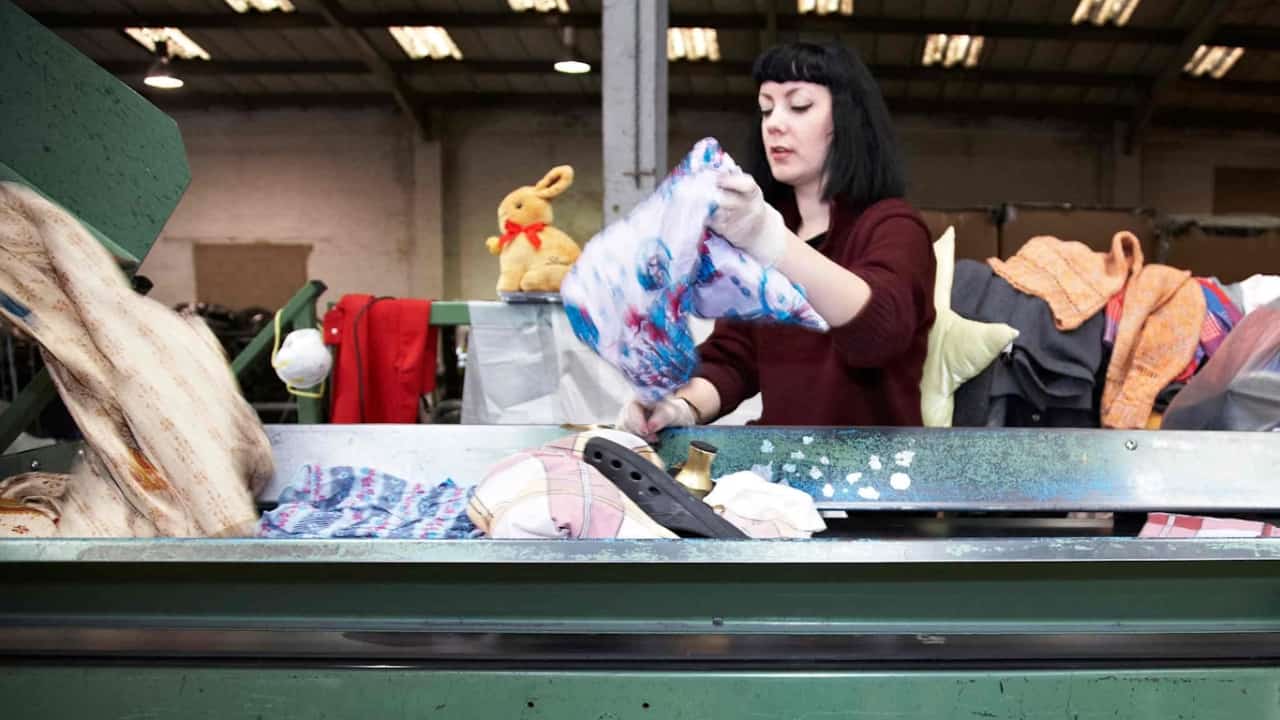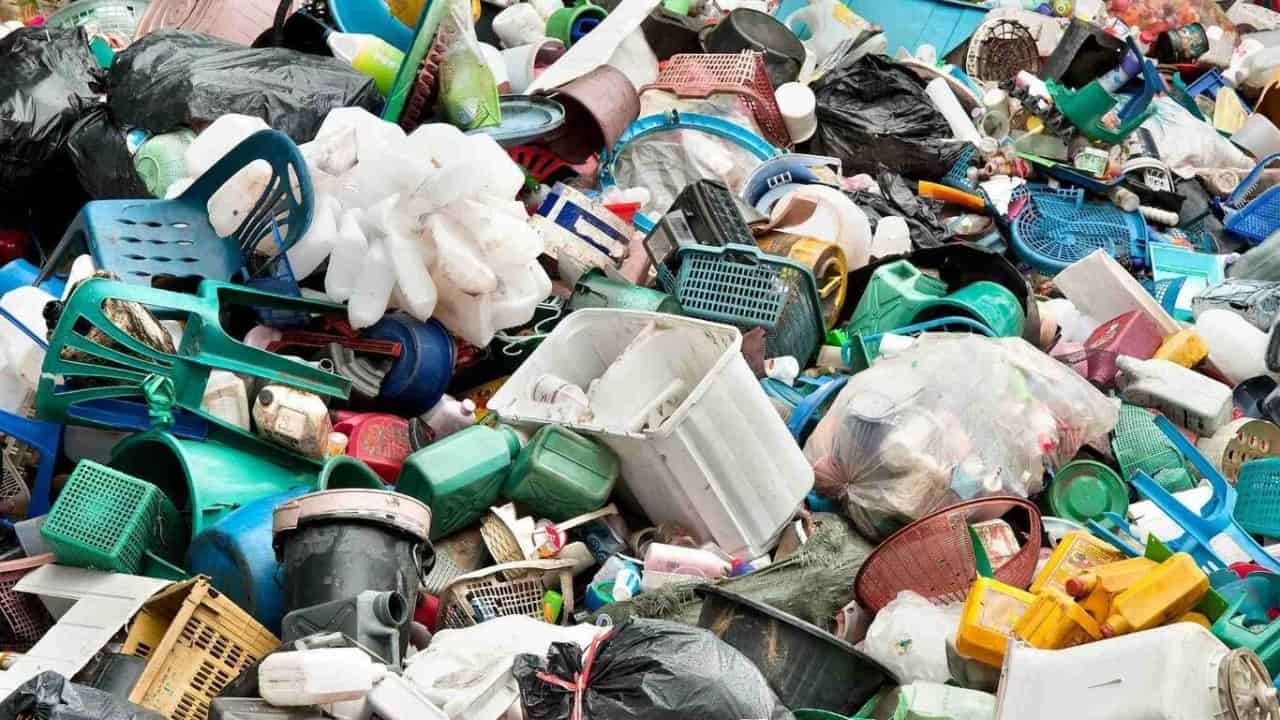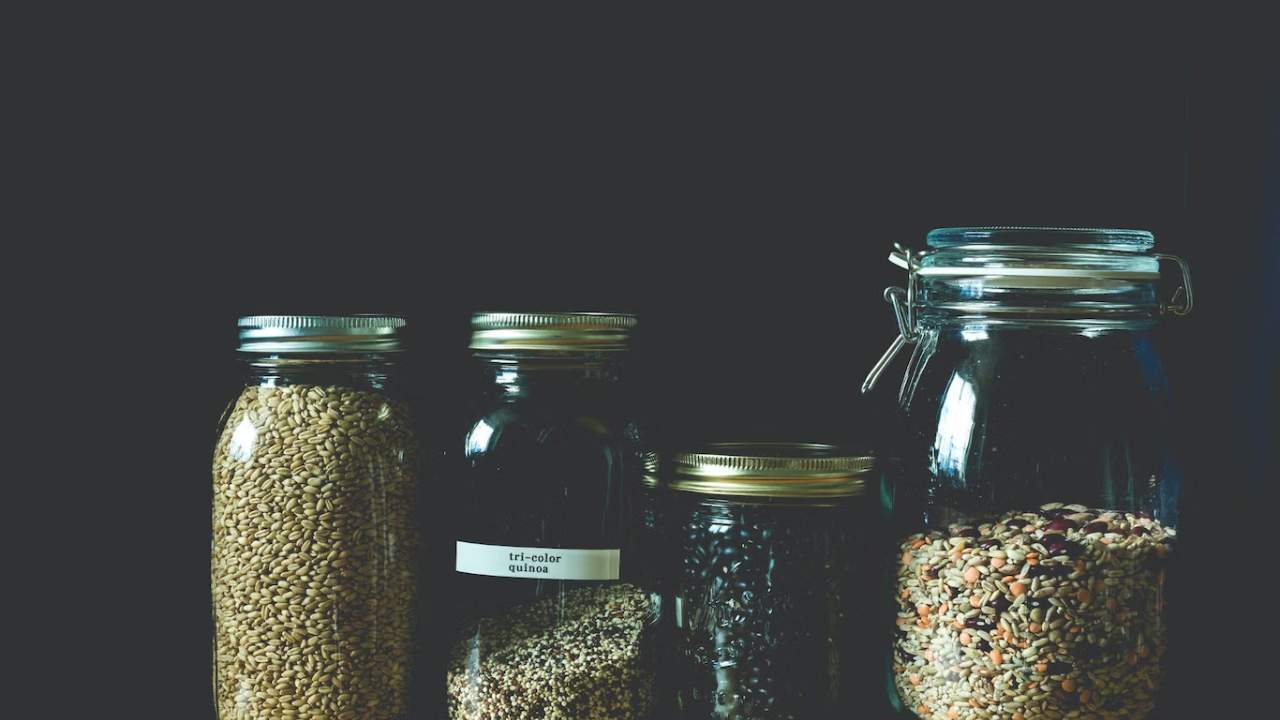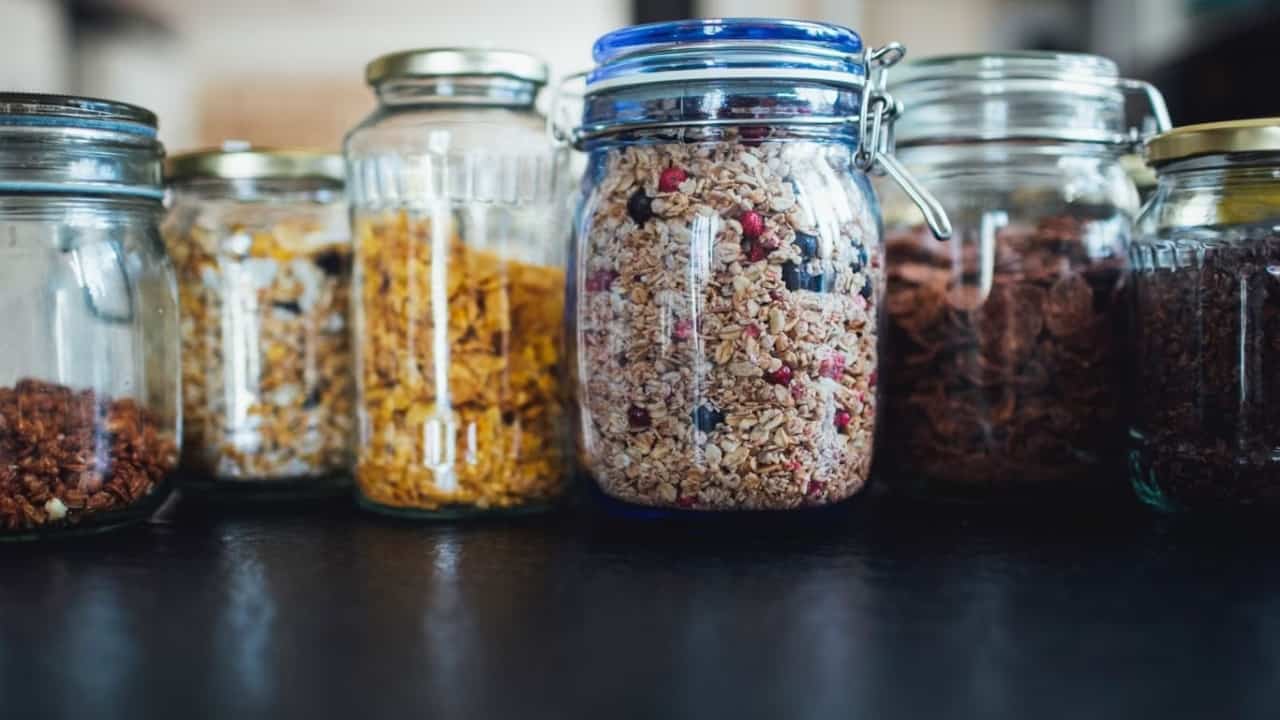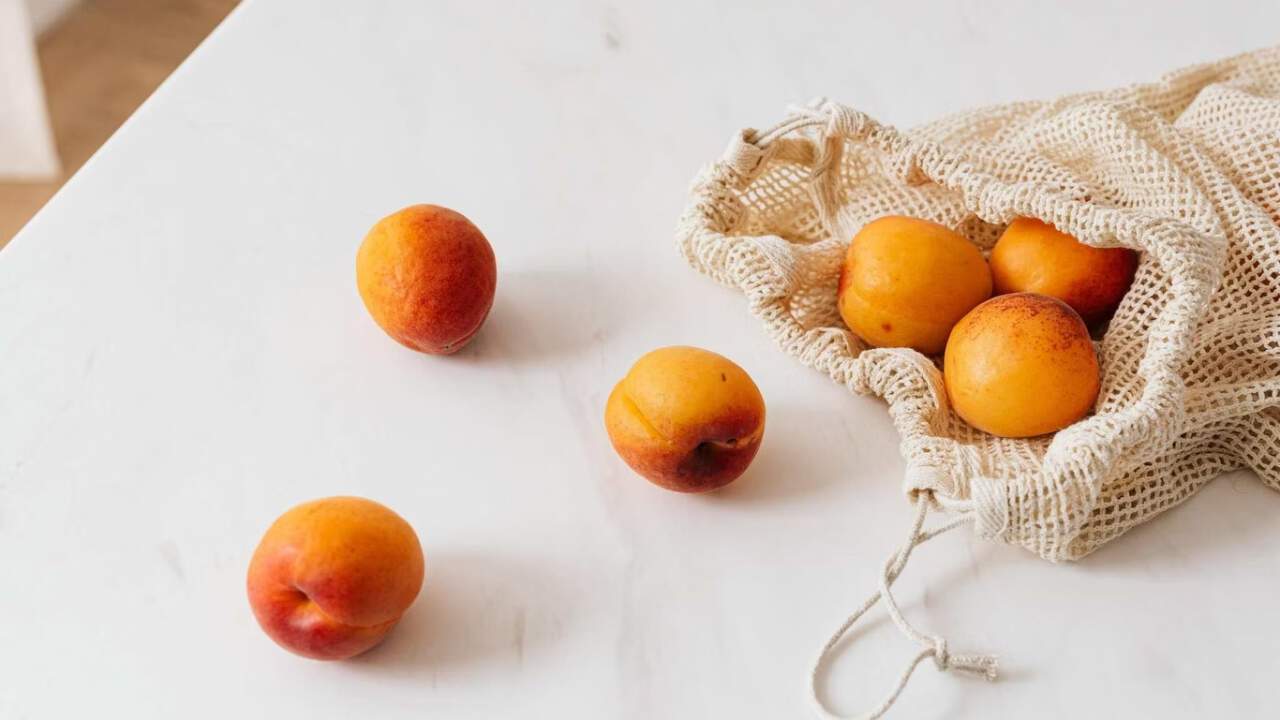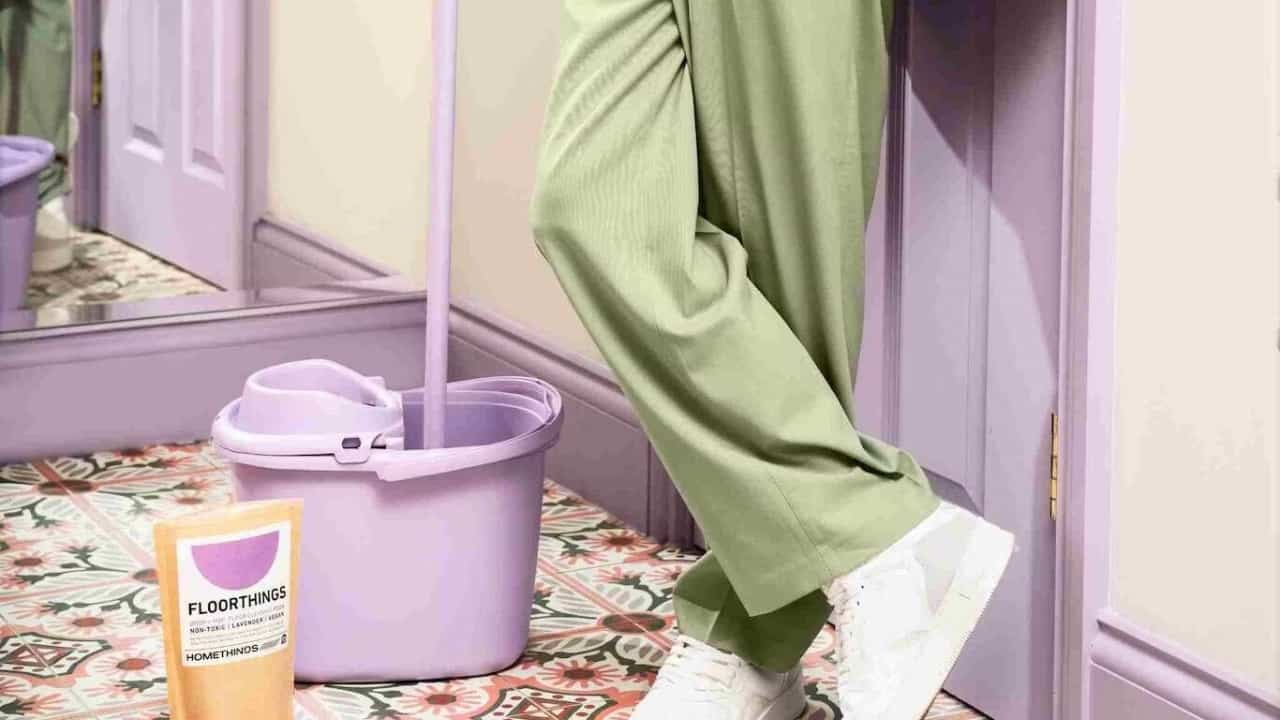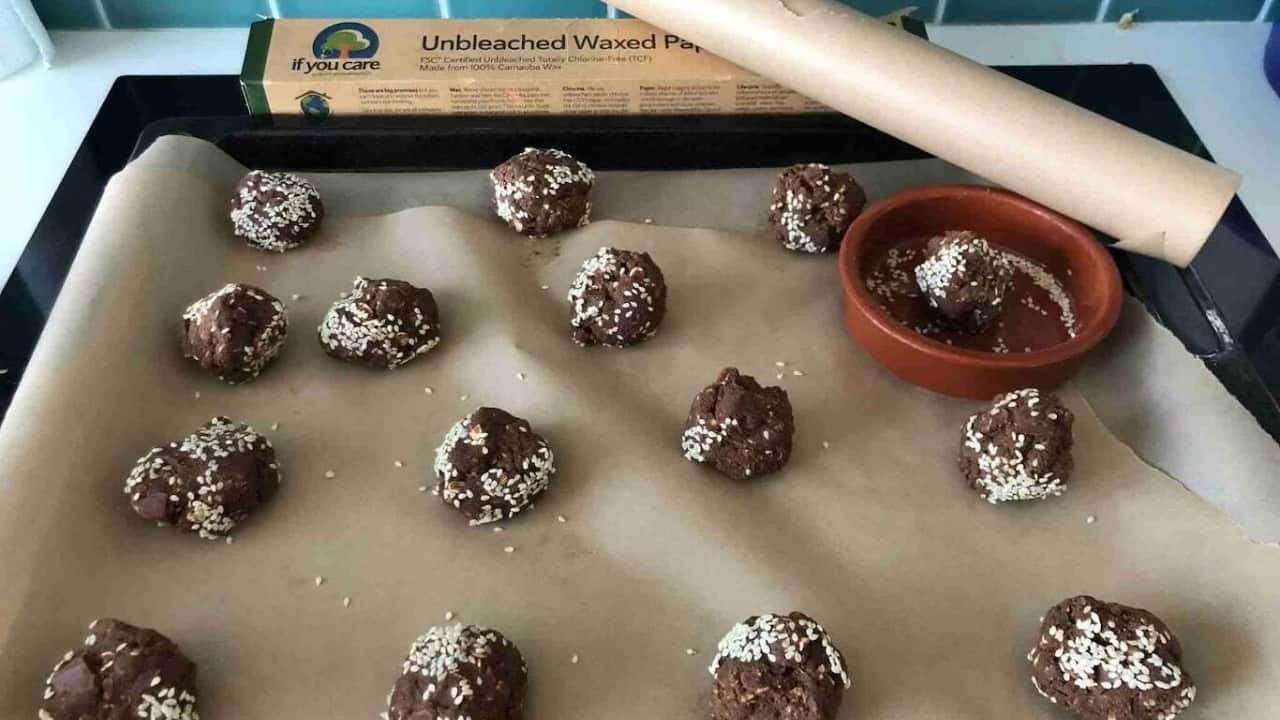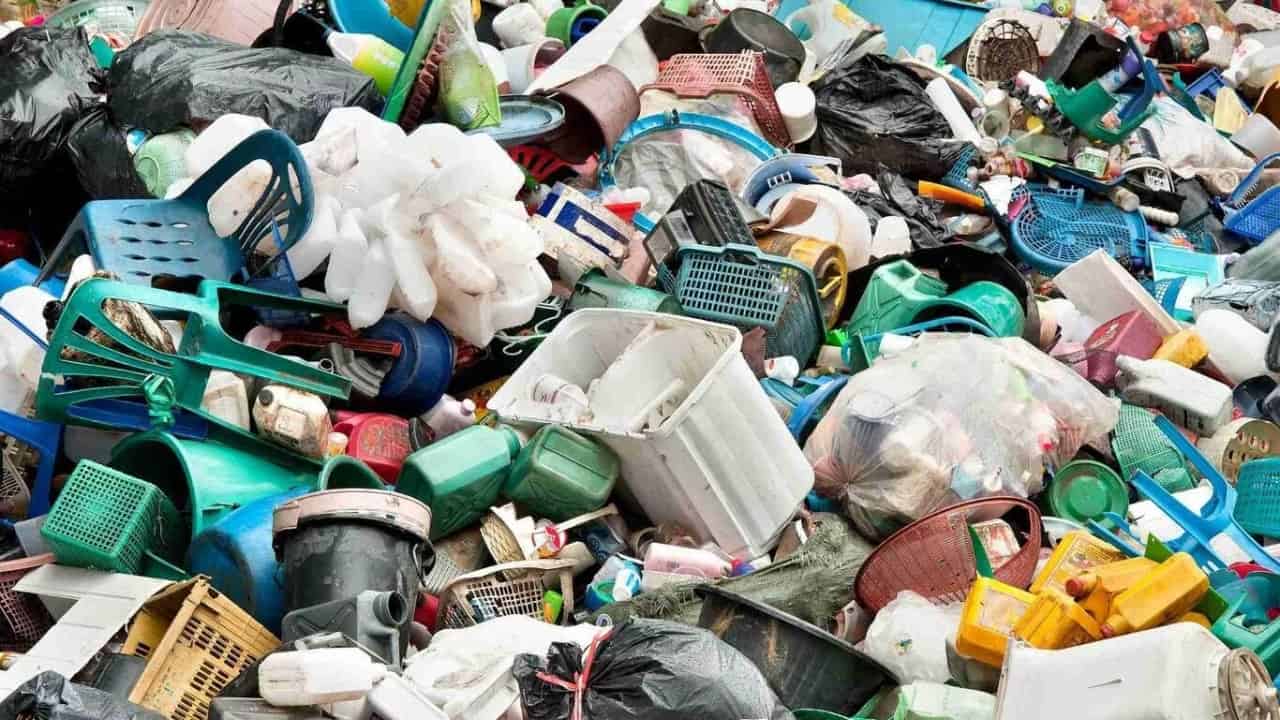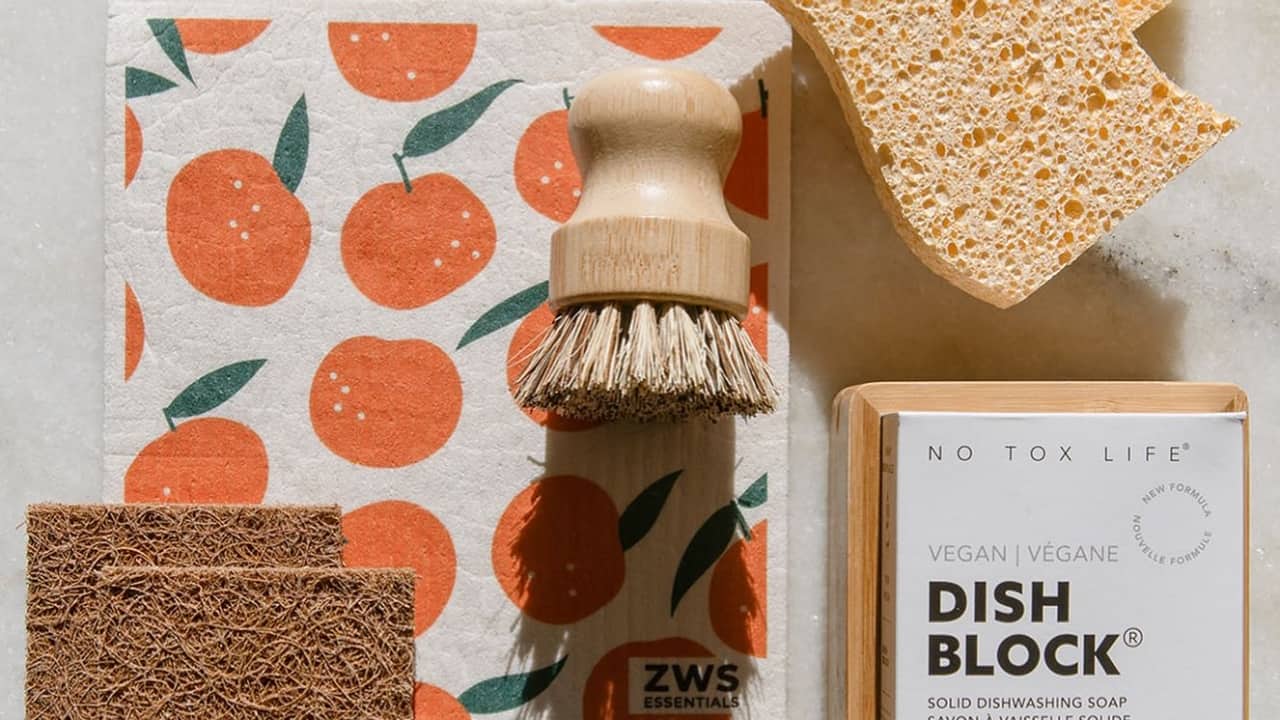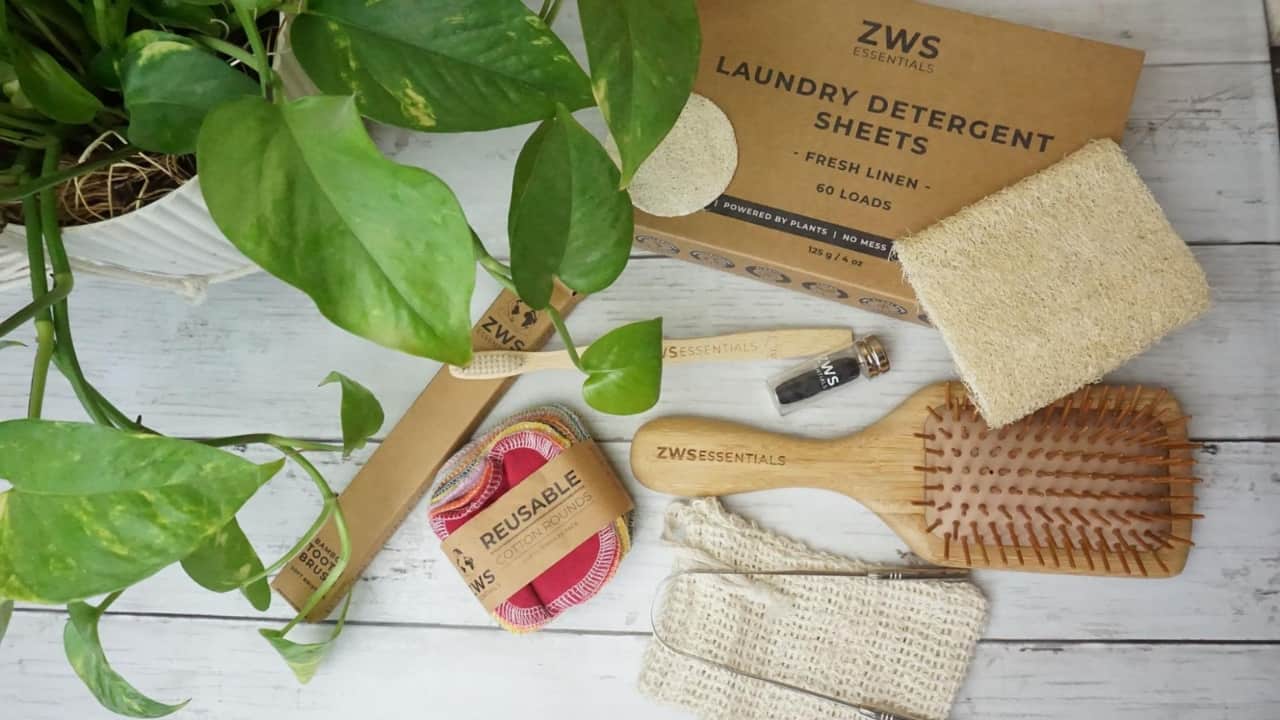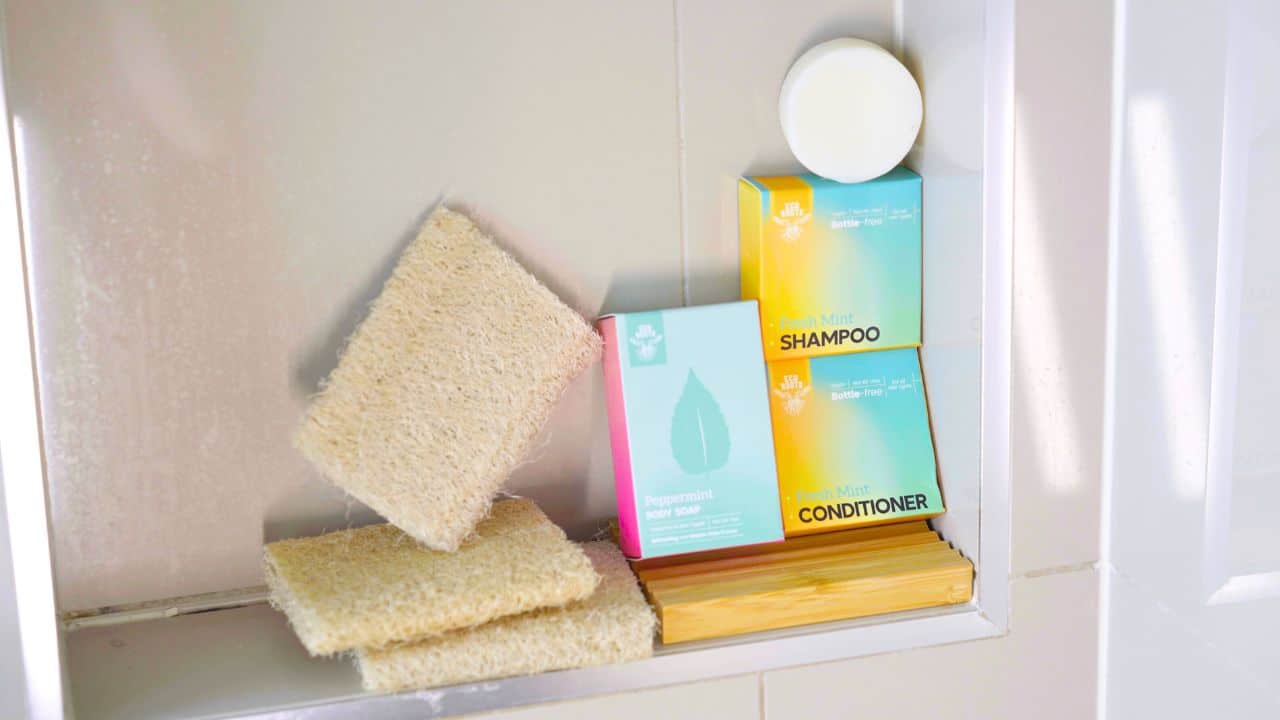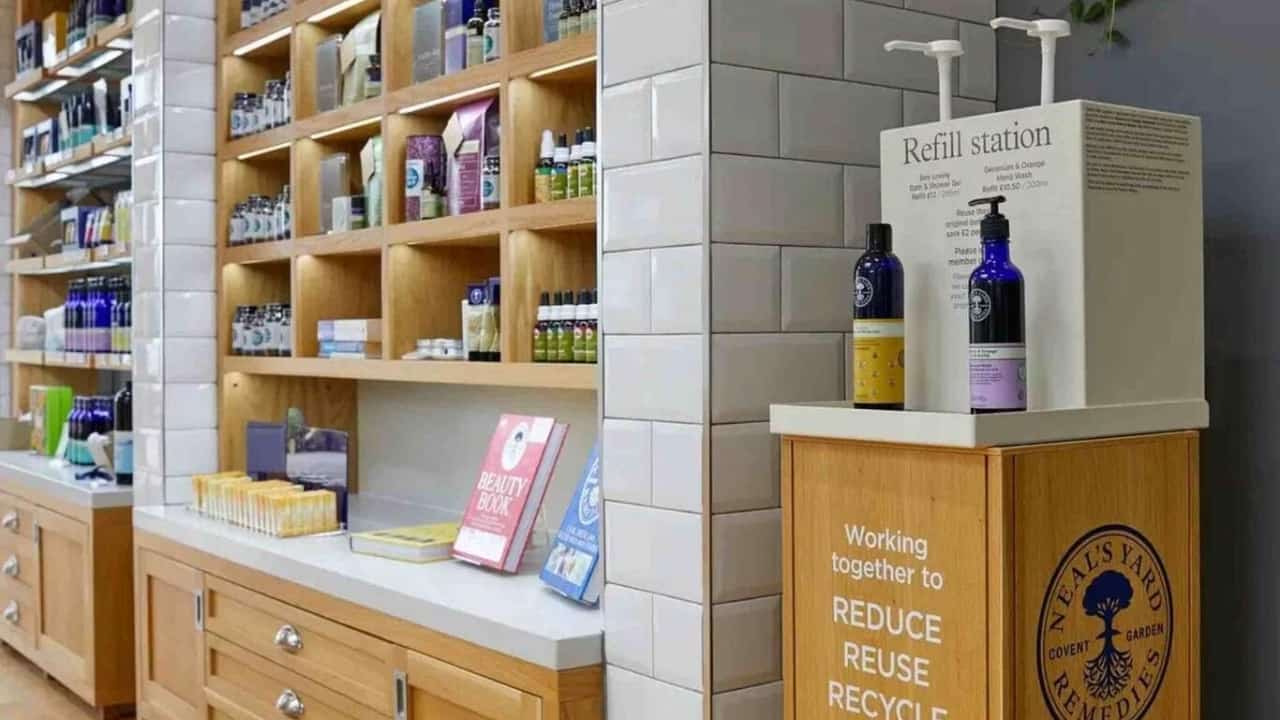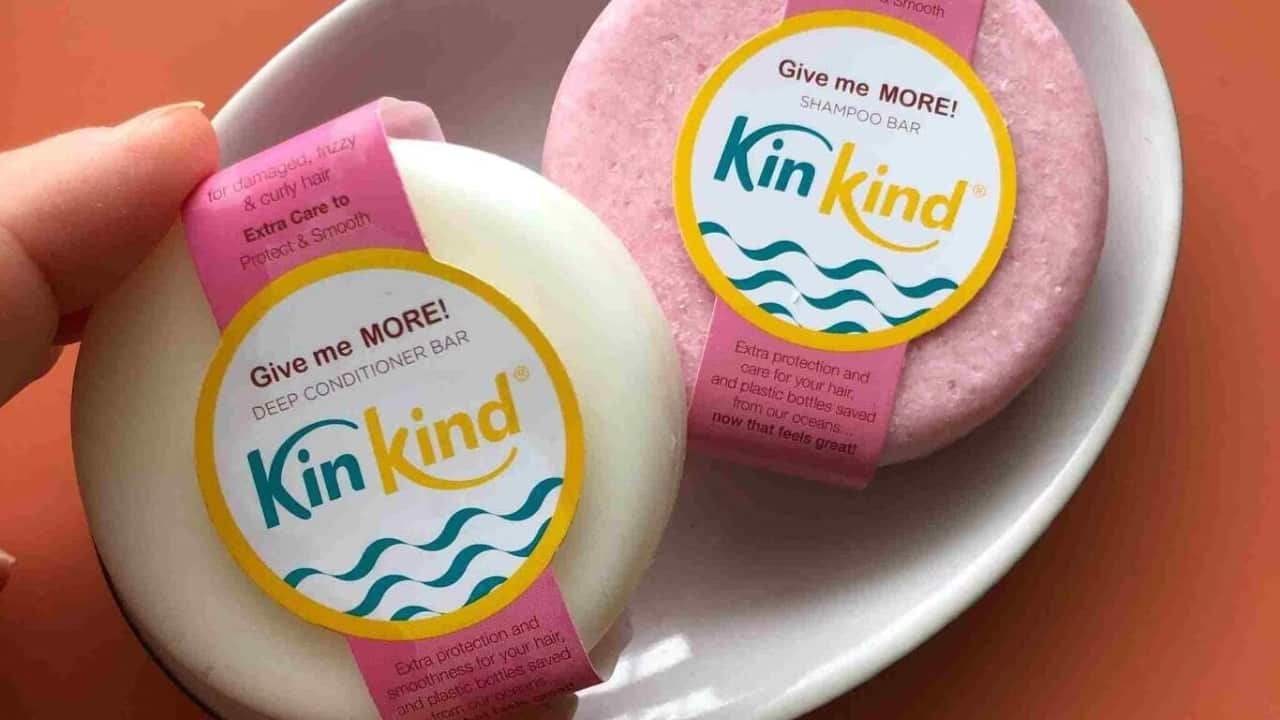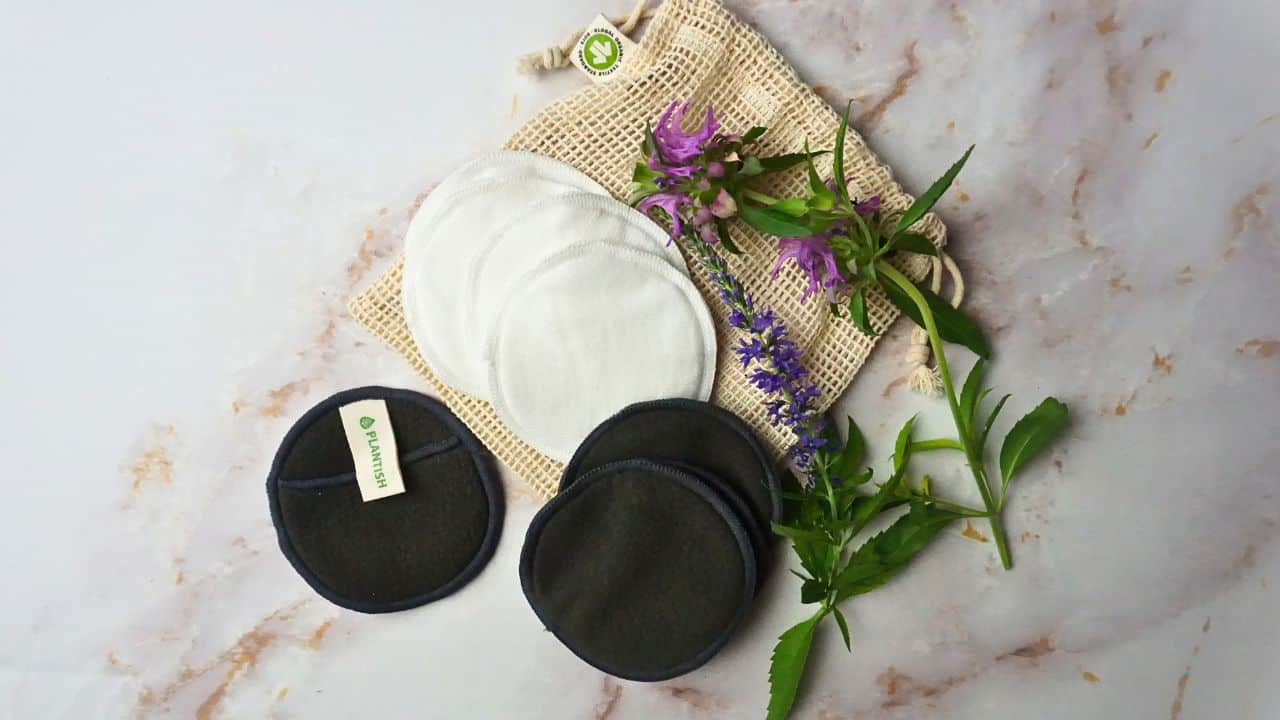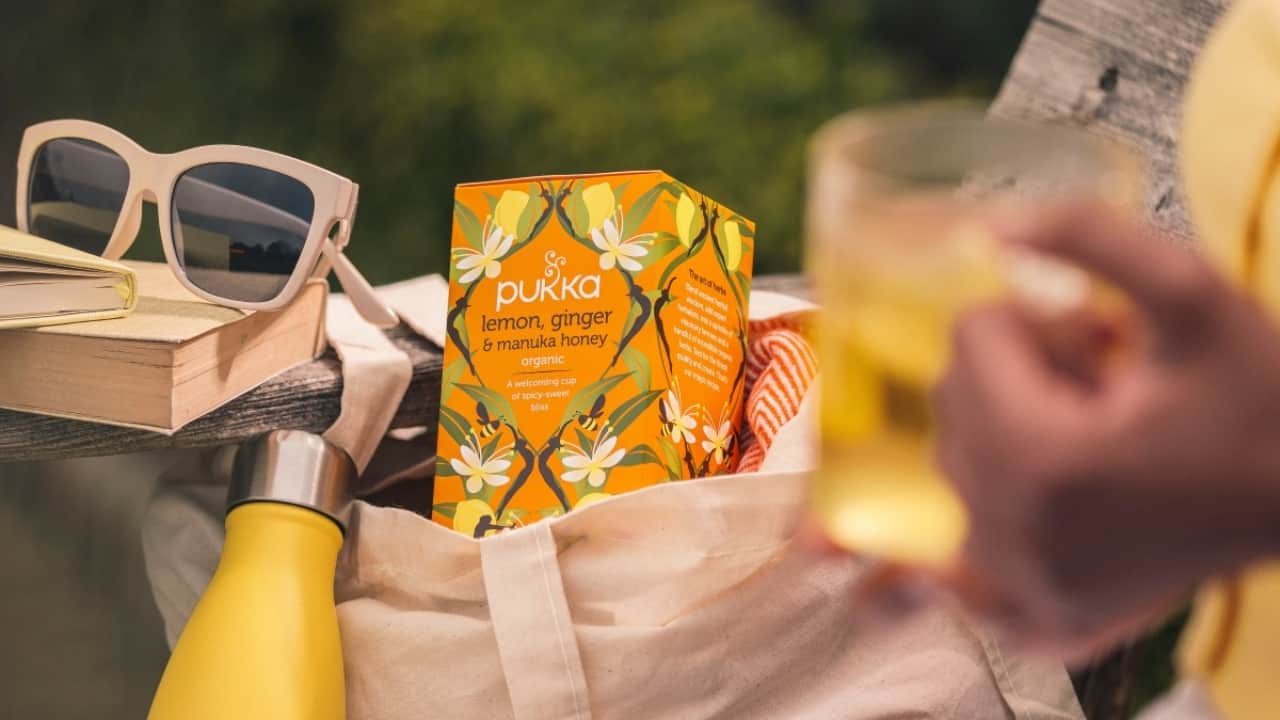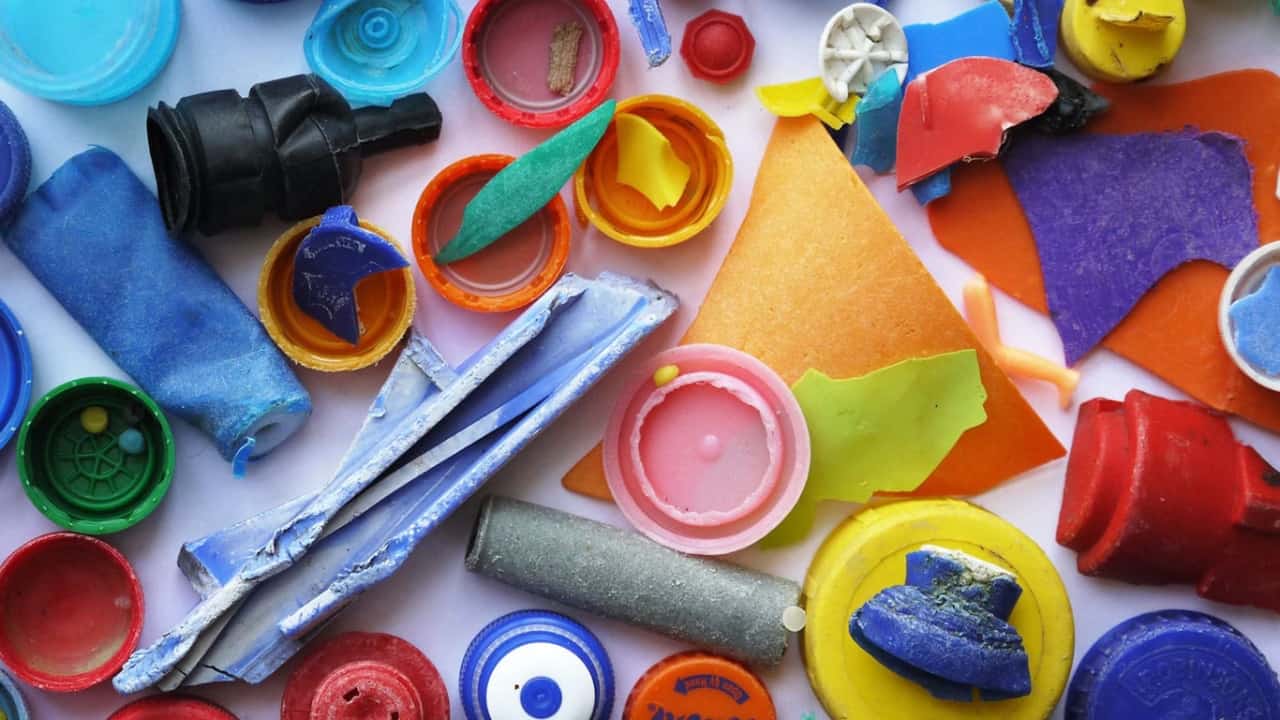Aiming for “zero waste” can be described as a mindset that helps you redefine what you buy, throwaway, reuse and recycle. We need to use and buy less full stop, so this is a way of questioning what you really need across every aspect of your life.
Often inspired by influencers who share their motivating stories and tiny trash jars, the idea (and the ideal) is to change the way you live so as to produce almost no waste.
In reality, for many of us who practice a “zero waste lifestyle”, it’s more about doing the best you can and making incremental improvements. It is truly satisfying to watch your landfill bound trash reduce in volume and importantly, it really doesn’t have to be free of fun or style.
We have a ton of resources to help you reduce your waste and embrace a new way to live that’s kinder to the planet. Explore these topics below!
Interested in subscribing to our newsletter?
Zero & Low Waste 101
Get started on your zero or low waste journey here by learning more about the movement including tactical tips and how-to guides.
Zero & Low Waste Home
When you think about what gets consumed in the kitchen, bathroom and the home in general, there are a ton of opportunities to reduce waste. Here’s some ideas to help you make your landfill trash can/bin shrink.
Zero & Low Waste Shopping
Here we cover the refill and online stores helping you achieve your ZW goals.
Zero & Low Waste Style & Beauty
Ahhh beauty and fashion… a source of so much waste! Here’s some ideas to help you reduce your impact.
Plastic-free Swaps & Products
Here we cover super tactical product swaps and reviews (when you absolutely need to buy new of course).

